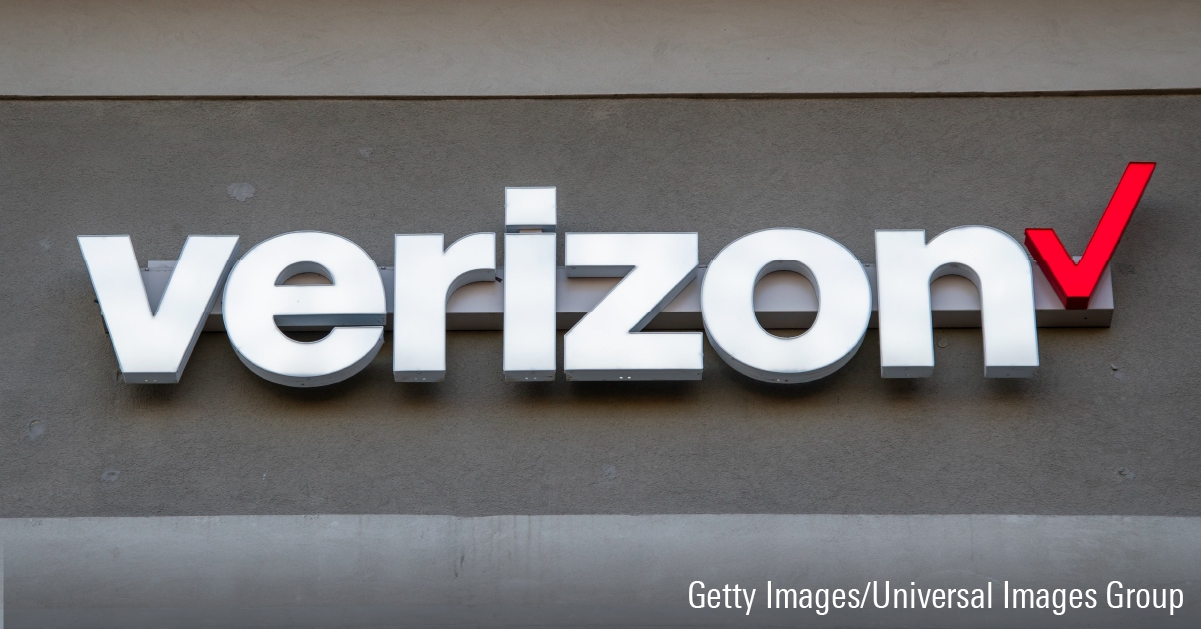Verizon Earnings: Stellar Cash Flow and Pricing Discipline Bode Well
The company delivered on nearly all fronts during the fourth quarter; its stock is undervalued.

Key Morningstar Metrics for Verizon Communications
- Fair Value Estimate: $54.00
- Morningstar Rating: 4 stars
- Morningstar Economic Moat Rating: Narrow
- Morningstar Uncertainty Rating: Medium
What We Thought of Verizon Communications’ Earnings
Verizon VZ delivered on nearly all fronts during the fourth quarter. Free cash flow hit $18.7 billion for the year, up more than 30% versus 2022 and well ahead of management expectations. The firm added 449,000 net postpaid phone customers in the quarter, its best performance in two years. Management warned that customer growth may moderate following another round of price increases on older rate plans that will take effect in March. However, the company still expects to add both consumer and business phone customers during the year, which we believe reflects solid pricing discipline while messaging that it won’t allow rivals to pick off accounts with unduly aggressive promotions. We remain encouraged by the competitive balance in the wireless industry, and we are maintaining our fair value estimate of $54 for Verizon.
The pace of growth in average revenue per consumer postpaid wireless account accelerated modestly versus the prior quarter, thanks to past rate increases, the adoption of fixed-wireless broadband, and the migration to higher-end rate plans. The combination of strong customer growth and revenue strength likely provided the confidence to push another price increase through.
Wireless revenue increased 0.6% versus a year ago as low-margin phone sales continue to decline on weak upgrade demand. The prepaid business also remains a sore spot for Verizon—289,000 net customer losses during the quarter—though this business only accounts for a bit more than 10% of wireless service revenue.
In 2024, management expects wireless service revenue growth to accelerate from 1.3% in 2023 to 2.0%-3.5%, with adjusted EBITDA increasing 1.0%-3.0%. Capital spending is budgeted to decrease to over $17 billion from $18.8 billion in 2023. Higher cash interest and taxes will likely offset these gains, leaving free cash flow in the same range as in 2023. That would leave the dividend payout at around 60%, with residual free cash flow equal to about 5% of net debt at the end of 2023.
Verizon Communications Stock Price
The author or authors do not own shares in any securities mentioned in this article. Find out about Morningstar’s editorial policies.

/s3.amazonaws.com/arc-authors/morningstar/12c6871b-2322-44d8-bd98-0437fa1a0a07.jpg)
/cloudfront-us-east-1.images.arcpublishing.com/morningstar/ECVXZPYGAJEWHOXQMUK6RKDJOM.jpg)
/cloudfront-us-east-1.images.arcpublishing.com/morningstar/KOTZFI3SBBGOVJJVPI7NWAPW4E.jpg)
/cloudfront-us-east-1.images.arcpublishing.com/morningstar/V33GR4AWKNF5XACS3HZ356QWCM.jpg)
:quality(80)/s3.amazonaws.com/arc-authors/morningstar/12c6871b-2322-44d8-bd98-0437fa1a0a07.jpg)